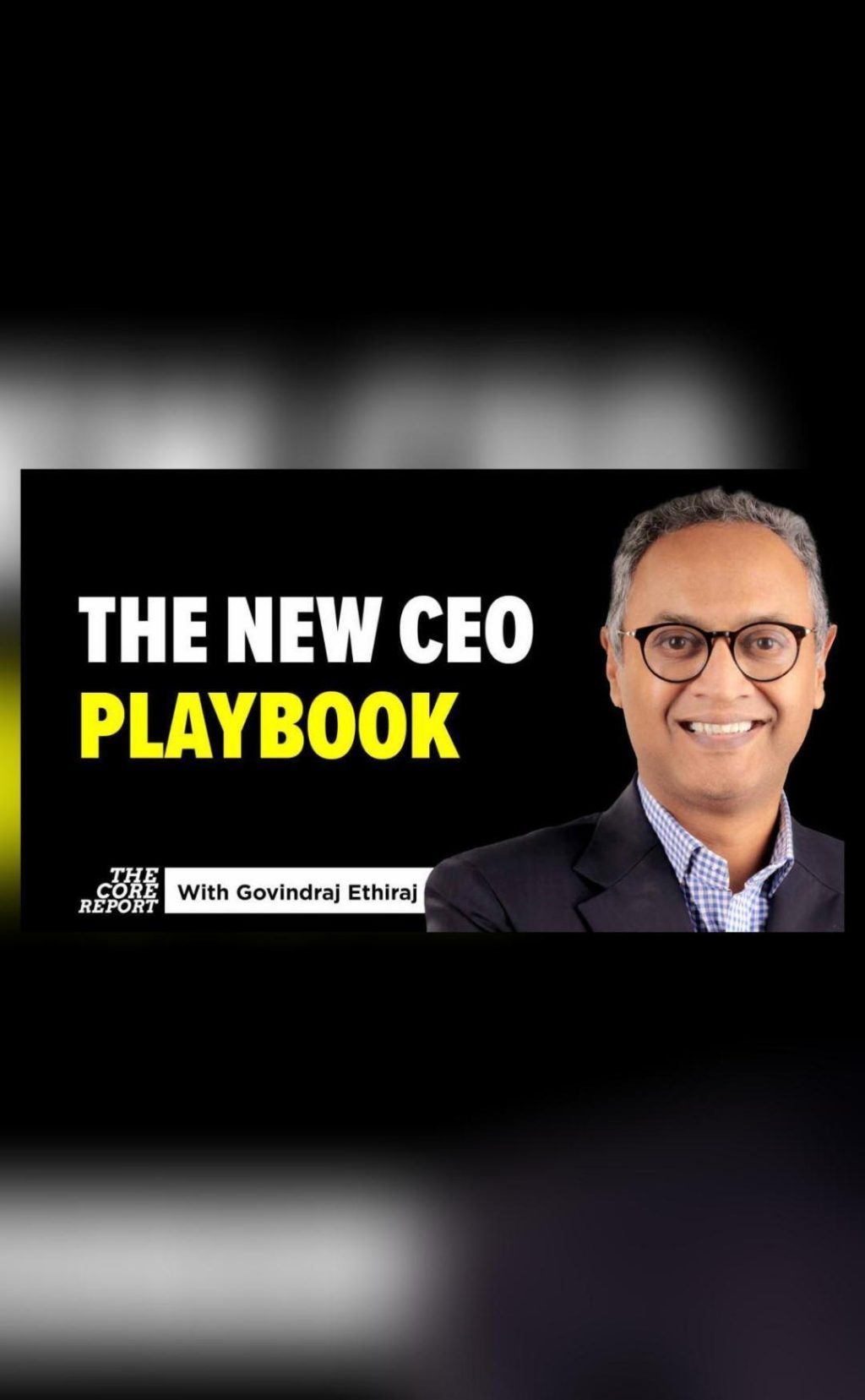
The New CEO Playbook: AI Pressures & Global Tariff Shocks
As the business world continues to evolve at an unprecedented pace, CEOs are facing an array of unprecedented challenges. The rise of Artificial Intelligence (AI) is reshaping industries, while global tariff shocks are disrupting trade and commerce. In this new landscape, CEOs must rethink their strategy and operations to remain competitive and relevant.
The AI Revolution
AI is transforming industries, from manufacturing and finance to healthcare and education. The technology is enabling companies to automate processes, improve efficiency, and gain a competitive edge. However, this rapid change also creates challenges for CEOs. As AI becomes more prevalent, companies must adapt to new business models, invest in AI-powered technologies, and upskill their workforces.
According to a recent survey by McKinsey, 70% of CEOs believe that AI will significantly change their business within the next few years. To stay ahead of the curve, companies must prioritize AI adoption, invest in research and development, and develop strategies to integrate AI into their operations.
Global Tariff Shocks
In addition to the AI revolution, global tariff shocks are disrupting trade and commerce. The ongoing trade wars between the United States, China, and other countries have created uncertainty and volatility in the global economy. CEOs must navigate this complex landscape, managing the impact of tariffs on their supply chains, pricing, and profitability.
A recent report by the World Trade Organization (WTO) estimated that global trade has fallen by 1.5% since the start of the trade war. This decline in trade has led to a loss of billions of dollars in revenue and thousands of job losses. To mitigate these risks, companies must diversify their supply chains, invest in trade insurance, and develop strategies to adapt to changing trade policies.
The New CEO Playbook
In this new landscape, CEOs must rethink their strategy and operations to remain competitive and relevant. Here are some key takeaways from the new CEO playbook:
- Localise: Companies must prioritize localisation, investing in local supply chains, talent, and infrastructure. This approach enables companies to adapt to changing trade policies, reduce costs, and improve responsiveness to local markets.
- Adapt: CEOs must be agile and adaptable, responding quickly to changing trade policies, AI adoption, and shifting consumer preferences. This requires a culture of innovation, experimentation, and continuous learning.
- Reconsider Business Models: The rise of AI and global tariff shocks requires companies to rethink their business models. CEOs must consider new revenue streams, partnerships, and collaborations to stay ahead of the competition.
- Invest in Digital Transformation: AI, cloud computing, and data analytics are transforming industries. CEOs must invest in digital transformation, upskilling their workforces, and developing new technologies to stay competitive.
- Develop Strategic Partnerships: In a world of uncertainty, CEOs must develop strategic partnerships to mitigate risks and seize opportunities. This requires building strong relationships with suppliers, customers, and competitors.
Conclusion
The new CEO playbook is all about adapting to the rapidly changing business landscape. AI pressures and global tariff shocks require CEOs to rethink their strategy and operations, prioritizing localisation, adaptability, and innovation. With no guarantee of stability, companies must be prepared to pivot and adjust to changing circumstances.
As AI reshapes industries and tariff shocks disrupt trade, global CEOs face unprecedented challenges. However, by embracing these changes, companies can create new opportunities, build resilience, and thrive in a world of uncertainty. By following the new CEO playbook, companies can navigate this complex landscape and emerge stronger and more competitive than ever before.
Source: https://youtu.be/0osLVVtj7tY






